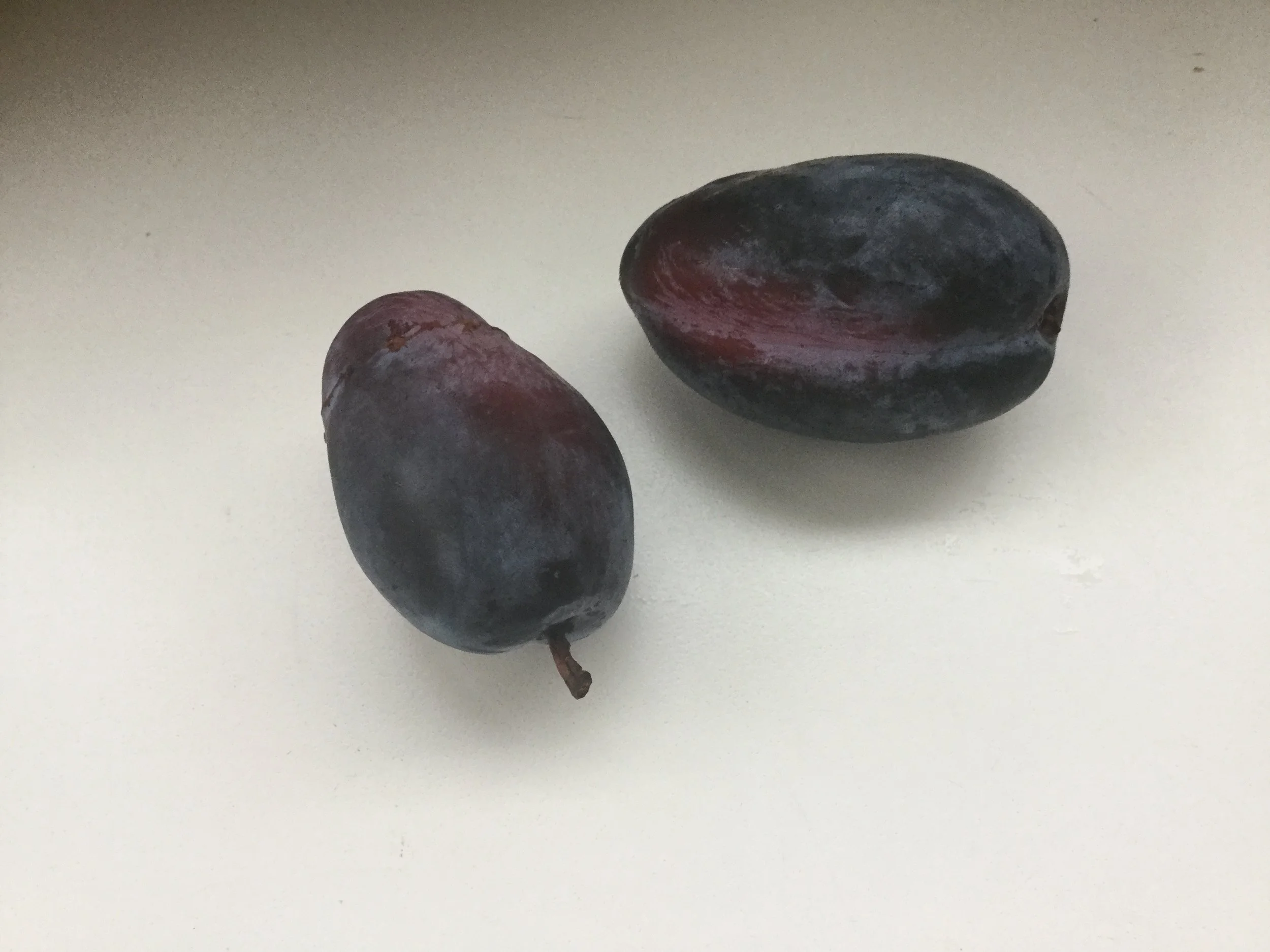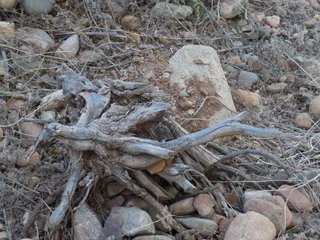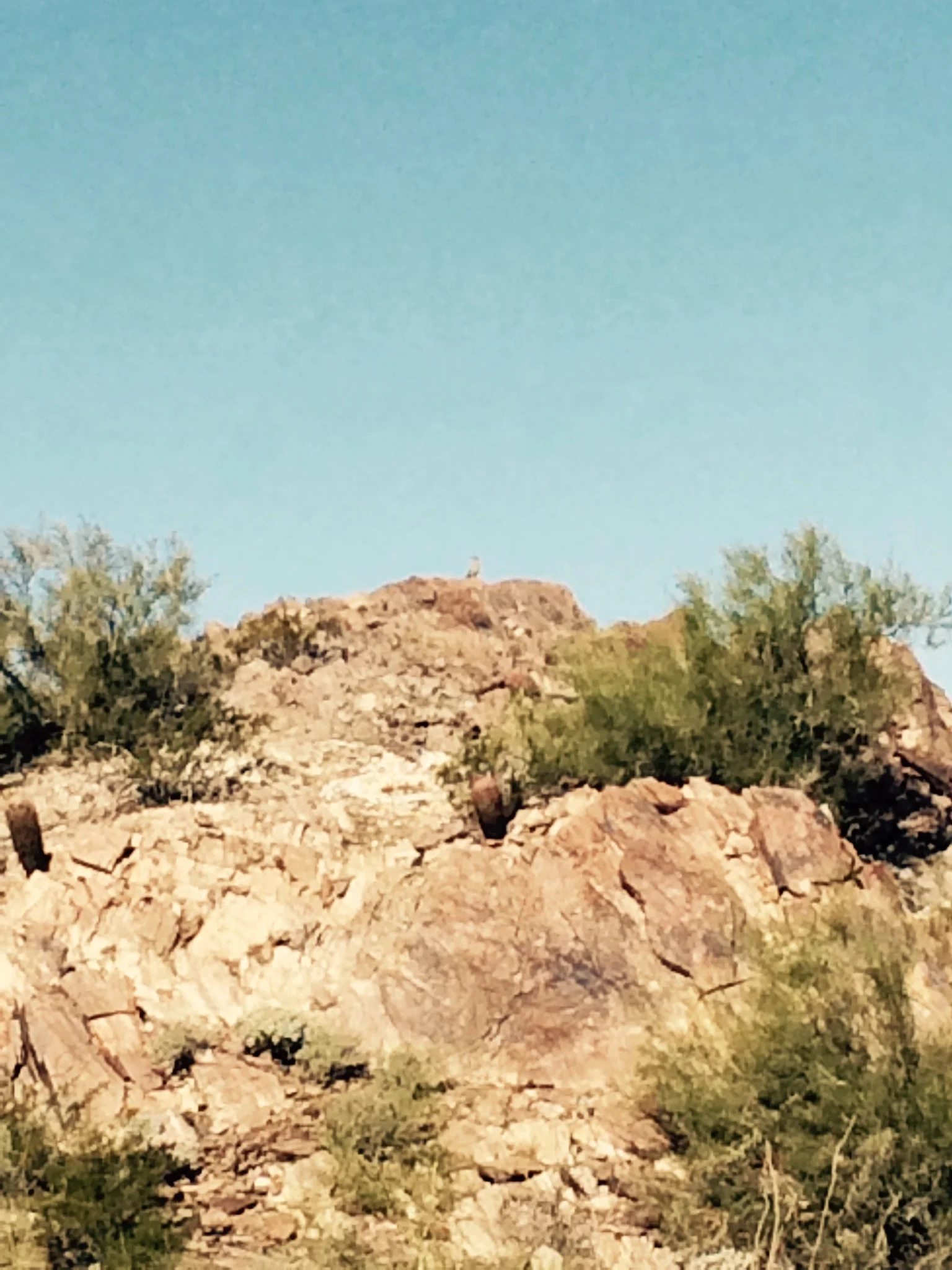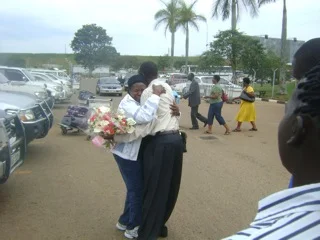QUIVIRA - PART Three
El Turco, the slave, did not travel the whole way with Francisco Vazquez de Coronado as i wrongly implied in Part 2. Rather, he came along at the very time exhausted, depressed, and deeply in debt Coronado was ready to wallow and wail in a gully of desert dust. To be accurate, at the time, Vazquez was in Zuni Land. Not only had he not found gold, he no longer had desert dust to wallow in.
But, let me get to where Coronado’s adventure led me.
Picture it—Coronado in his cast-iron suit of superiority, pushed away from his winter camp near Albuquerque, aiming for the Land of Quivira (which is now the strong Scandinavian settlement of Lyons, Kansas). In the summer of 1541 the Spanish army crossed some part of land that “barely changes for 32,000 square miles: a parched, almost perfectly flat surface larger than Maine.” (A Voyage Long and Strange, p.184)
Picture it—the grasslands, prior to being ruined by progress was reported by one soldier as “‘. . .the grass which straightened up again as soon as it had been trodden down.’ The immense legion left ‘no more trace where they passed than if nothing had been there—nothing.’”
This was adventure. This was where bison scared the living life out of Spaniards’ horses. This is where navigation was maintained by counting steps and by piling buffalo dung into mounds higher than the grass. Where American Bison herds “formed the greatest aggregation of living things ever recorded.”
One month after leaving Cibola, one month into trusting El Turco’s version of truth, Coronado met Indians with some hard facts about Quivira.
“Oh yeah, we know Quivira.” Not the Quivira El Turco described, no. Quivira, they said consisted of thatch houses. Corn, plenty, they said. The color of gold, yes. Gold gold? Ha ha ha. “No. Not gold gold.” I am reminded of a friend of ours who liked the term, “true truth.”
“With this news I received the utmost pain,” wrote Coronado. The army needed corn. The supply had been exhausted. The men were exhausted. The still-surviving horses terrified by buffalo were exhausted. Hope was exhausted. Coronado’s dream was not.
Coronado had the good sense to sent all but thirty men back to Mexico. But, his dream of gold refused to yield. His belief that he would find it carried him forward. He was wrong but he was determined. With thirty of his best horsemen and with El Turco now in chains, Coronado pressed on. How could he not?
“It pleased Our Lord, Coronado wrote the viceroy, “that at the end of having traveled seventy-seven days through those empty lands, I reached the province they call Quivira.”
And then he reached “the city.”
“Uncivilized people,” Coronado wrote. Homes built of sticks and animal skins, bad enough. However, the people did have water. The people did raise corn and walnuts and plums, and grapes, and mulberry bushes grew wild. The land did seem well suited for crops and livestock, should the King choose to occupy it. Quivira did have promise but it did not have gold. It did not have silver. It did not have precious stones of any sort.
Coronado and his thirty men settled in for thirty days. They and their horses grew strong. The men grew satisfied that for the second time they had been duped—no gold bells hung from tree branches, no silver drinking cups, no stately homes or well-groomed residents. They had been warned but they resisted warning. They were deeply invested in a dream.
Nevertheless, after nearly two years away from Mexico, after two years of brutal conditions and acts of brutality, Coronado’s men interrogated El Turco, gained a confession, strangled the man, buried him, raised a cross to mark their farthest point of travel, packed provisions, then followed Indian guides on buffalo paths, and began their way back to “flat-roofed houses” in Mexico.
The sad story of Coronado evoked a response in me.
“What is it?” I thought as I read of this adventure. What drove the man to believe he had every right to enter another’s land to pluck local riches and plant foreign authority? What is it about our human nature that pours a mix of concrete conviction over these words—faith, truth, fact, belief—and allows our hardened convictions to drive our thoughts and behaviors to the detriment of others?
Abused faith or belief abounds in human history:
Copernicus and Galileo gathered facts about an earth moving about a sun, but the facts turned tail, hid, in the face of an immovable belief dictated by the inerrant understanding of a religious text.
Beliefs about the 14th century plague blossomed: sin was a cause, or if not sin, then perhaps fault lay in the Jews rejection of Christ. If not that, some blamed steam seeping out of the earth (God alone knew what evils lay at the center of the earth). In spiritually superstitious Europe, one truth attended the plague: God’s wrath had landed. The need to know, the need to know they knew, drove beliefs.
The 18th century held the belief that a man’s sperm carried tiny, whole people that were then incubated in a woman’s body. That was truth.
Or, one I love (and who could question the great Doctor of Theology, Thomas Aquinas?) It is truth, he reasoned, that when a woman went to heaven, she was instantly transformed into maleness — that is, she returns to the perfect state of being human.
Belief is a matter of thinking something to be the case whether or not empirical evidence exists.
Like, you know, that gold can be found in Cibola or Quivira.
Faith is confidence or trust in a person or thing not always without reason but without proof
Shall we remember the more recent faith placed in Galloping Gertie, the first, beautiful bridge spanning Tacoma Narrows?
Truth is tricky. Truth can be substantiated by fact but doesn’t have to be. Truth can change as information influences understanding. Truth is generally understood as a belief that is accepted as true. It is not denigrating to say, “your truth/my truth.” See? Truth is tricky.
Coronado was sure he traveled with it. His low regard for natives of the New World, his high regard for his religion and king, his confidence that the missionary, Fray Marcos de Niza, and the explorer Cabeza de Vaca, and the Moroccan slave, Estevanico spoke truth gave him truth.
Truth has ever depended on a seemingly obvious fact or a basic conviction. But truth, told in one era, might not hold water in another.
For example: “Yikes! This water is hot!”
“You think? It isn’t hot, it is warm. Truth. Often dependent on perception.
Fact, on the other hand is a verifiable or indisputable reality. It is likely that compared to the heap of opinions held, and ongoing investigation, we humans have very few actual facts in our grasp.
Surely, Coronado believed in what he determined to do. He possessed faith in what he had heard. He believed his God and King should rule over all populations. This was truth to him. Facts about his beliefs came along at appropriate times but the dream was so great that puny fact could not budge buffed-up belief.
What is it, I wondered as I read this particular story, that causes us to willingly discard respect for all but our own opinions, that makes us fear differences of perception, that allows certitude when certainty is, has been, will ever prove to be, so prone to uncertainty?
This is what I was thinking when I read about Coronado’s long and strange adventure. How grand it is, how comforting, to be concretely convinced of things. How potentially lacking in humility, how possibly harmful, and how nearly always without benefit to any but ourselves.




